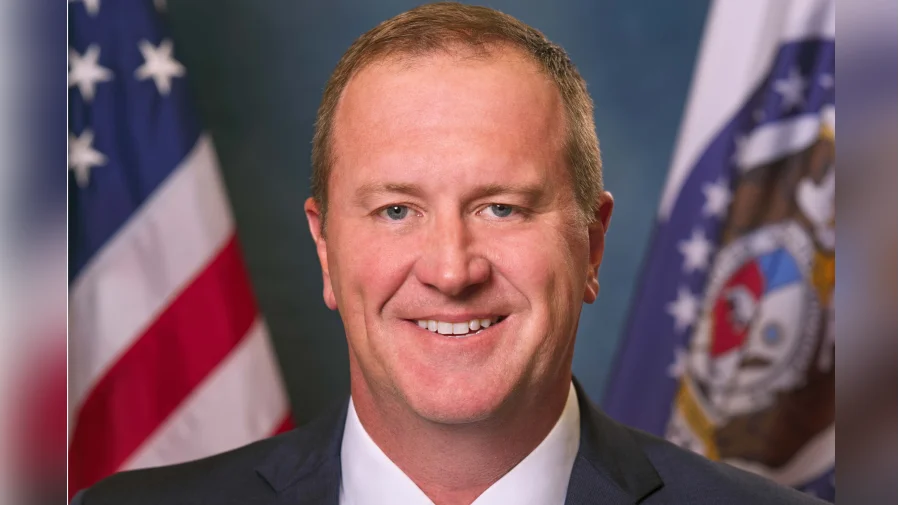Senator Eric Schmitt | U.S. Senator Eric Schmitt
Senator Eric Schmitt | U.S. Senator Eric Schmitt
U.S. Senators Eric Schmitt, Maggie Hassan, and Tim Sheehy have introduced the Medicare Transaction Fraud Prevention Act. This bipartisan bill aims to address waste, fraud, and abuse within the Medicare system by employing artificial intelligence (AI).
Senator Schmitt emphasized the potential of AI in enhancing the efficiency of Medicare: “Artificial intelligence has set our nation at the precipice of the next great American revolution, and harnessing AI’s power to identify potential waste, fraud, and abuse will help strengthen the Medicare system for those who depend on it and ensure our taxpayer dollars are being well spent. I’m glad to lead this bipartisan bill to utilize cutting edge technology to help America’s seniors and protect Medicare benefits.”
Senator Hassan highlighted the innovative approach of using new technologies: “New technologies allow for innovative ways to root out waste, fraud, and abuse and safeguard taxpayer dollars. This bipartisan bill takes a common-sense approach to protecting seniors and Medicare as a whole by identifying waste, fraud, and abuse in the system while also providing appropriate privacy protections, human review, and protection of the benefits that seniors have paid into and deserve.”
Senator Sheehy underscored the importance of securing critical resources: “The best thing we can do to protect the critical resources Americans rely on, and shore up programs like Medicare, is root out fraud, waste, and abuse. We must strengthen Medicare for the people that really need it, and that’s exactly what this bill does by combatting Medicare transaction fraud to better protect Americans’ hard-earned money and ensure every taxpayer gets a better return on their investment.”
The proposed legislation involves a pilot program utilizing a predictive risk-scoring algorithm. This algorithm would oversee payments for durable medical equipment and clinical diagnostic laboratory tests under Medicare. By assigning risk scores to transactions based on irregular billing patterns or rates deemed unusual, it enables human inspectors to focus on reviewing potentially fraudulent claims.
Medicare beneficiaries would have an option to participate in this program voluntarily; thus their payment data would only be accessed with consent.




 Alerts Sign-up
Alerts Sign-up